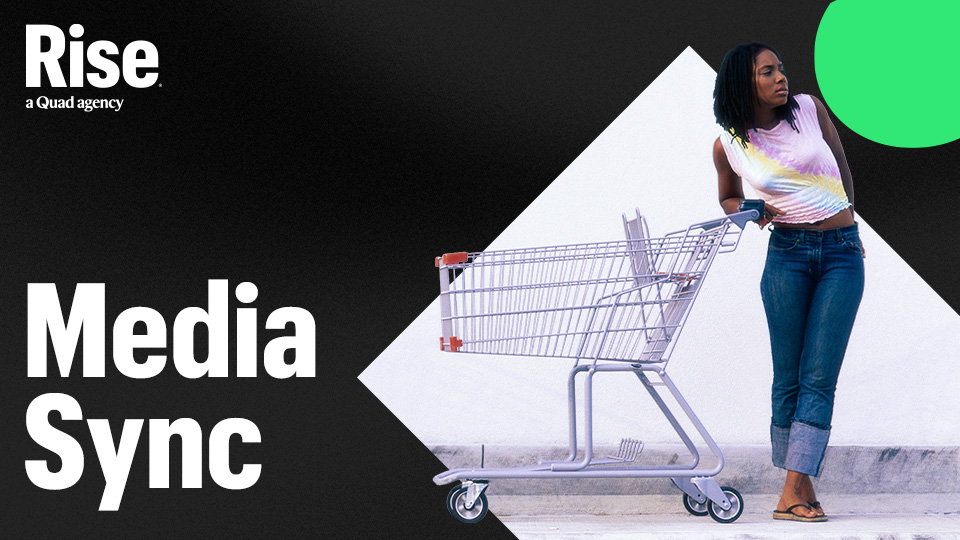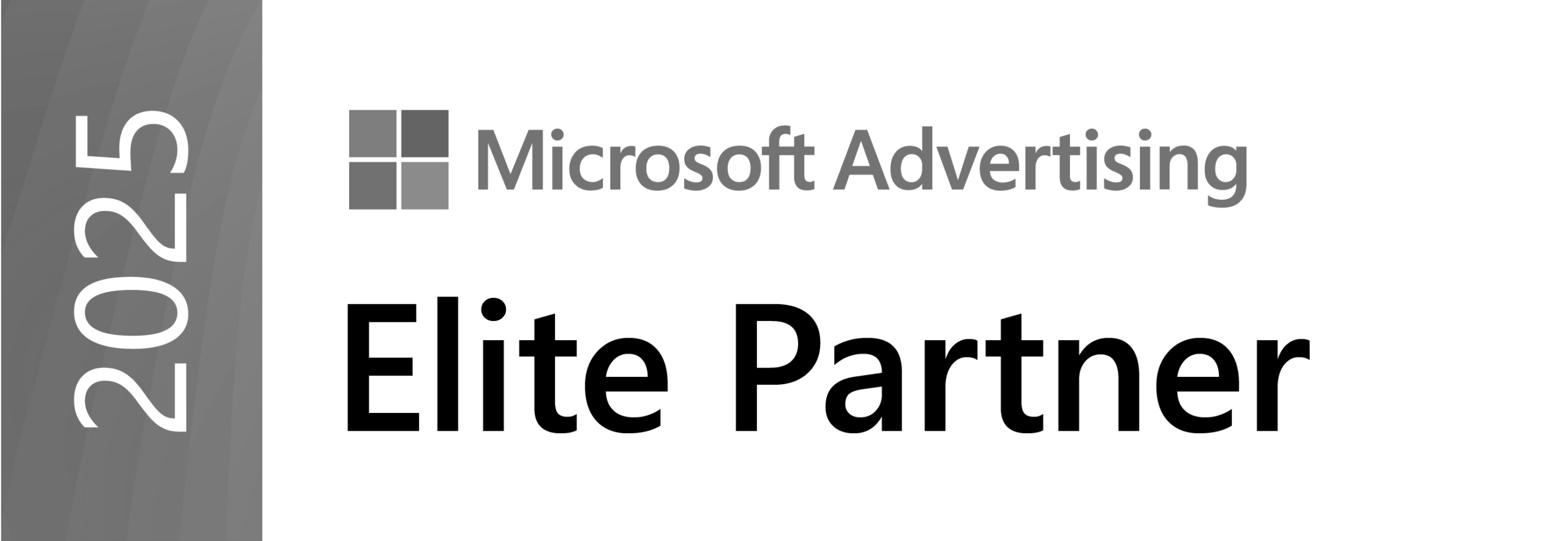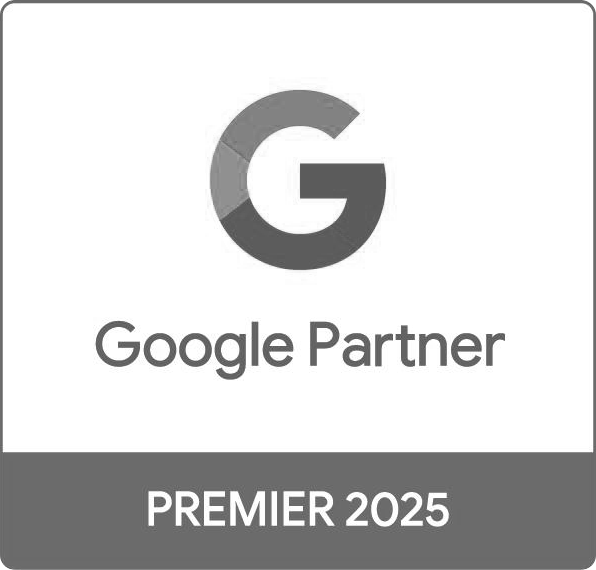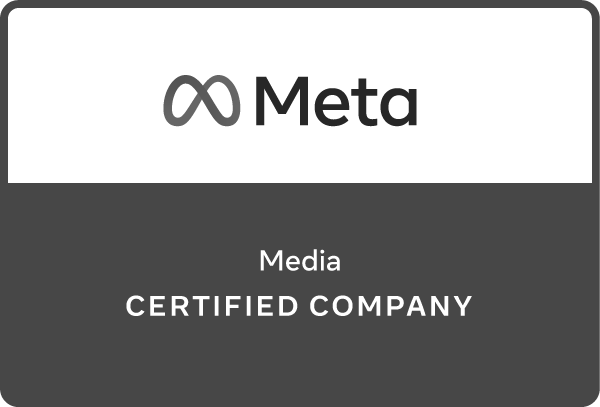
Meta is planning to fully automate AI-driven ad creation by 2026, per a report from The Wall Street Journal on Monday. The promise to marketers is that all a brand needs to do is provide a product image and a budget, and AI handles everything — from creative or video, to text, targeting and budget recommendations. Meta also promises that these AI-powered ads will dynamically adjust creative based on user location and other factors.
This is an update Meta has been hinting at to Rise, a Quad agency, for several months and is something we’re hearing consistently across platforms. It’s part of a continued trend in the media landscape where platforms are increasingly seeking full control over data, budgets and decision-making. And while it’s tempting to follow the path of least resistance (i.e., relying on AI tools within a platform ecosystem), marketers who do so risk sacrificing their own success in favor of the platform. Like all seemingly “too good to be true” promises in this industry, marketers need to be skeptical.
Immediate considerations for marketers: Meta’s AI plans
- Efficiency vs. control: AI-generated ads streamline processes, but brands risk losing creative control. Is the ease of AI automation worth putting your brand at risk?
- Platform optimization vs. omnichannel optimization: Meta’s AI will optimize for engagement within its ecosystem, but is that what’s best for advertisers? Customers don’t consume media in silos; will your budget be locked into a platform or minimum spend requirement — potentially at the expense of better-performing channels?
- Siloed data and AI decisioning: AI-driven automation is powerful, but if you and your competitors are all feeding the same data into similar models, will your marketing message be lost in a sea of sameness, as AI optimizes content based on the same truth set for specific platforms?
Breaking down the walled gardens in an AI world
Walled gardens — closed ecosystems where platforms dictate what data is shared — create a dangerous dependency. Marketers relying solely on platform-owned data and algorithms surrender their ability to see the bigger picture, to make independent strategic decisions and, most critically, to optimize for holistic business outcomes. How do you break down these walls?
The answer comes from investing in and partnering with those who have resilient, platform-independent data offerings. Marketers who prioritize data that can scale the walled gardens, work across channels and connect top custom algorithms will be better equipped to make decisions that serve their business goals (and not the algorithmic preferences of a single platform).
AI’s role: Embrace it, but stay critical
AI is rapidly transforming marketing, but its application matters more than ever. Rise has embraced AI for more than a year, proving that when wielded correctly, AI enhances decision-making, audience personalization and media efficiency. However, AI implemented within walled gardens can become just another black box, reinforcing opaque practices that already plague the industry.
If you believe in transparency around everything from media buying and data use, to what it means to be a true agency partner, this week’s Meta news is a firm reminder: Without transparency at the core, trusting AI or a platform to act in your best interests comes with real risk. If you want a smarter agency with the scruples to help you navigate the AI-era, Rise is here to help.








